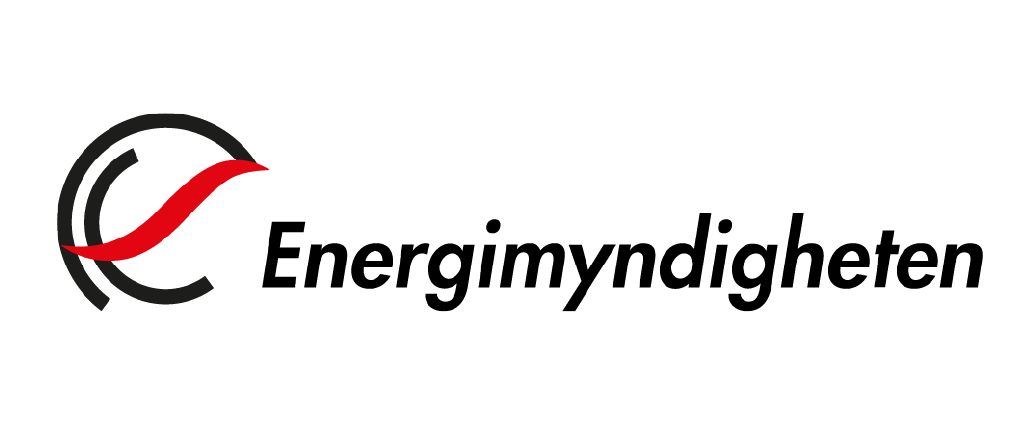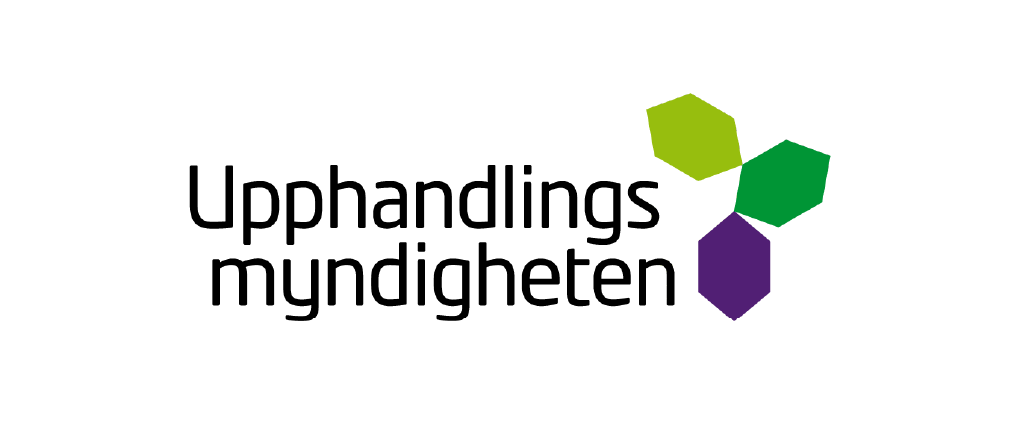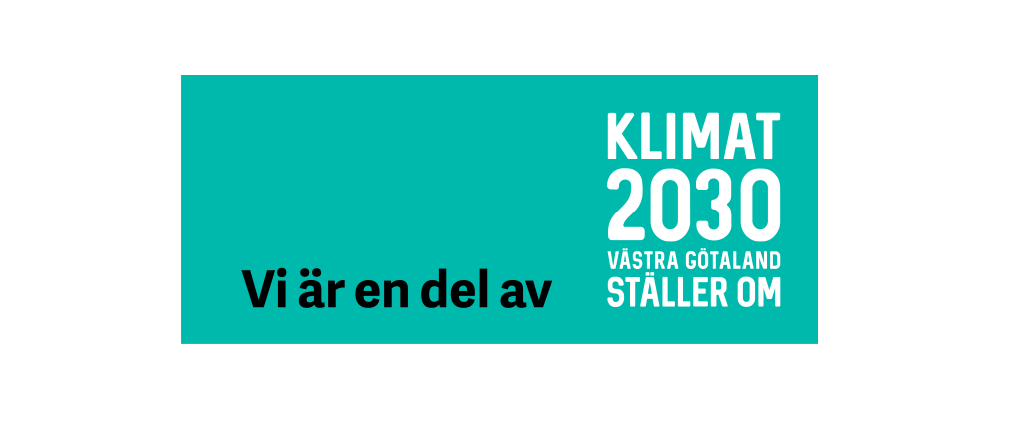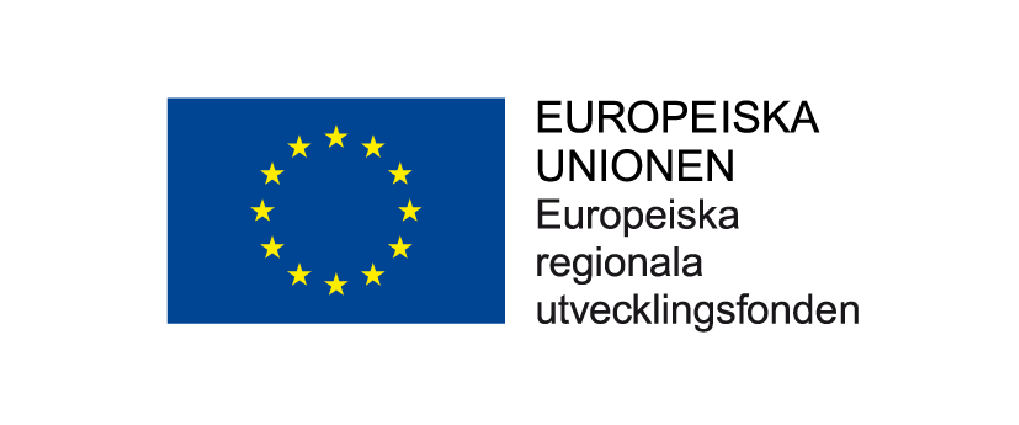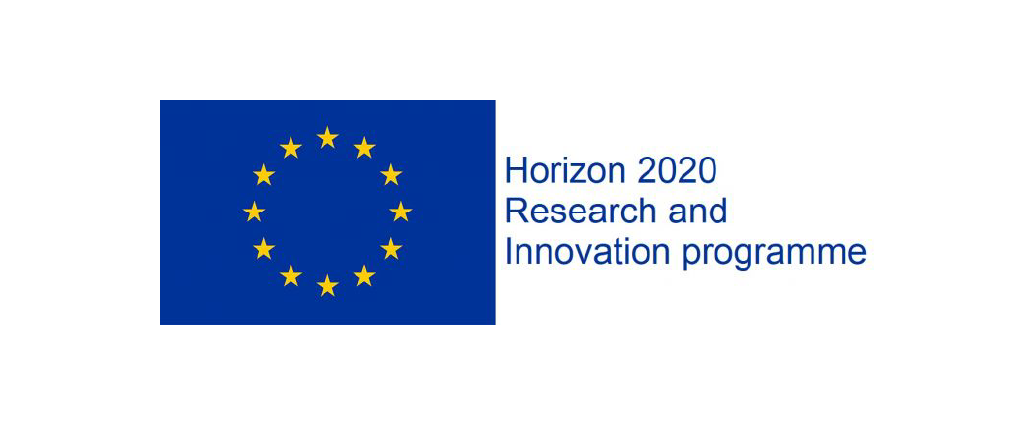Needs of Support for Swedish Property Owners to Implement More Energy
- Utgivare: Springer Proceedings in Energy
- År: 2018
- ISBN:978-3-030-00661-7
- Författare: Åsa Wahlström
- Typ: Konferensbidrag
It is a well-known fact that the built environment in Europe is responsible for approximately 40% of the overall energy end usage and that this has to be reduced drastically for the building stock to be sustainable in the long term. A prerequisite to meet the EU 2020 and 2030 targets is significantly increased ambition among property owners regarding energy-efficient renovation. However, it is not easy to regulate that large-scale energy-efficiency measures should be included in the ordinary renovation of buildings. In order to design the right policy instruments to influence property owners towards energy-efficiency-oriented renovation, deeper knowledge is needed on how property owners act and argue today. This study reviews several recently performed studies with the aim of obtaining an overview of how the decision-making process is conducted, and it makes comparisons between different categories of buildings. The aim is to allow conclusions to be drawn on whether a financial incentive is important to bringing about energy-efficiency renovation and, if so, how such an incentive should be formulated. The study shows that direct and simple subsidies are needed to bring about major energy-efficiency improvements in housing in connection with renovations, especially when it comes to additional insulation for facades. For non-residential property, there is little need for financial support, while other forms of support are needed. Current energy-efficiency improvements in connection with renovations are modest and a long way off the technical potential.
Availabel here
Åsa Wahlström, “Needs of Support for Swedish Property Owners to Implement More Energy-Efficiency Improvements During Renovations”, In: Johansson D., Bagge H., Wahlström Å. (eds) Cold Climate HVAC 2018. CCC 2018. Springer Proceedings in Energy. Springer, Cham, ISBN: 978-3-030-00661-7, doi.org/10.1007/978-3-030-00662-4_82, 2019
